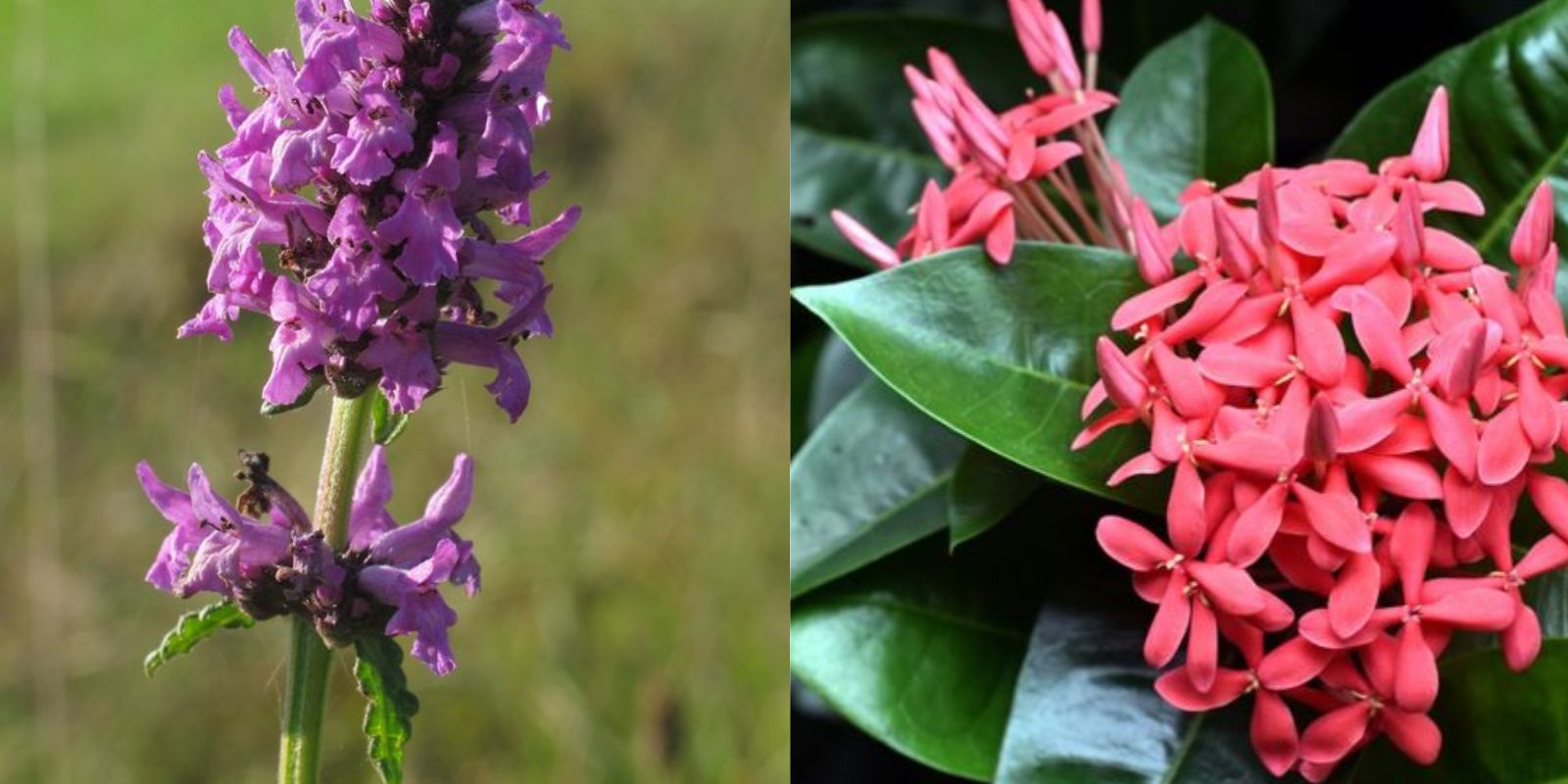Evergreen shrubs are a staple in many gardens, particularly in the Northwest region, where they offer continuous greenery and structure throughout the year. The Northwest’s unique climate, characterized by mild, wet winters and moderate summers, necessitates careful selection of evergreen shrubs to ensure they thrive and enhance your garden’s beauty. This article will guide you through the process of choosing the right evergreen shrubs for Northwest gardens, offering tips on climate compatibility, soil conditions, sunlight requirements, size considerations, and maintenance.
Understanding the Northwest Climate
The Northwest region, which includes areas like the Pacific Northwest (Washington, Oregon, and Northern California), experiences a climate that significantly impacts gardening choices. Winters are generally mild but wet, while summers are moderate, with temperatures rarely reaching extremes. This climate supports a variety of evergreen shrubs, but it’s important to select those suited to these conditions for optimal growth and longevity.
1. Consider Your Climate
Choosing evergreen shrubs that are adapted to the Northwest climate is crucial for their survival and performance. The region’s moisture and mild temperatures mean that plants should be resistant to both excess water and occasional cold snaps.
Recommended Evergreen Shrubs:
- Holly (Ilex aquifolium): A classic choice, holly provides year-round interest with its glossy leaves and bright red berries. It thrives in Northwest climates and can handle both wet and dry conditions.
- Japanese Pieris (Pieris japonica): Known for its attractive foliage and cascading flower clusters, Japanese pieris is well-suited to the Northwest’s climate and soil conditions.
- Oregon Grape (Mahonia aquifolium): This native shrub is not only hardy but also offers attractive, holly-like leaves and bright yellow flowers.
2. Check Soil Conditions
Evergreen shrubs have specific soil requirements that can vary widely. In the Northwest, soil conditions can range from sandy loam to clay, and ensuring your chosen shrubs are compatible with your soil type is essential.
Soil Considerations:
- Well-Drained Soil: Most evergreen shrubs prefer well-drained soil to prevent root rot. If your garden has heavy clay, consider amending it with organic matter to improve drainage.
- Soil pH: Some evergreen shrubs, like rhododendrons and azaleas, prefer acidic soil. Test your soil’s pH and adjust as needed with lime or sulfur.
Recommended Soil-Tolerant Shrubs:
- Boxwood (Buxus spp.): Boxwoods are versatile and can tolerate a range of soil conditions. They are excellent for creating formal hedges and topiaries.
- Juniper (Juniperus spp.): Junipers are hardy and adaptable, making them suitable for various soil types in the Northwest.
3. Assess Sunlight
The amount of sunlight your garden receives plays a significant role in the health and growth of evergreen shrubs. Evaluate your garden’s light conditions—whether it’s full sun, partial shade, or full shade—before selecting shrubs.
Sunlight Requirements:
- Full Sun: Shrubs that require full sun (6-8 hours of direct sunlight) will perform best in bright, open areas. Examples include Heather (Calluna vulgaris) and Creeping Juniper (Juniperus horizontalis).
- Partial Shade: For areas with dappled or filtered sunlight, consider shrubs like Mahonia (Mahonia spp.) and Skimmia (Skimmia japonica).
- Full Shade: In shaded areas, shrubs like Japanese Holly (Ilex crenata) and Fatsia (Fatsia japonica) are ideal.
4. Determine Size and Growth Habit
Evergreen shrubs come in various sizes and growth habits, from compact and rounded to tall and spreading. Consider your garden’s space and design needs when selecting shrubs.
Size Considerations:
- Small to Medium Shrubs: For smaller gardens or as foundation plantings, choose compact shrubs like Dwarf Boxwood (Buxus microphylla) and Dwarf Alberta Spruce (Picea glauca ‘Conica’).
- Large Shrubs: For more expansive areas or as privacy screens, opt for larger shrubs like American Holly (Ilex opaca) and Arborvitae (Thuja occidentalis).
Growth Habit:
- Upright Shrubs: Suitable for creating vertical interest or hedges, such as Leyland Cypress (Cupressocyparis leylandii) and Viburnum (Viburnum spp.).
- Spreading or Groundcover Shrubs: Ideal for covering large areas or slopes, including Pachysandra (Pachysandra terminalis) and Juniper ‘Blue Star’ (Juniperus squamata ‘Blue Star’).
5. Think About Maintenance
Different evergreen shrubs require varying levels of maintenance. Consider how much time you are willing to invest in caring for your shrubs.
Low-Maintenance Options:
- Spirea (Spiraea spp.): Known for its easy care and attractive blooms, spirea is a great choice for low-maintenance gardens.
- Boxwood (Buxus spp.): Once established, boxwoods are relatively low-maintenance and can be pruned to maintain their shape.
Higher-Maintenance Options:
- Japanese Maple (Acer palmatum): While beautiful, Japanese maples require more care, including regular pruning and protection from harsh conditions.
- Rhododendrons (Rhododendron spp.): These require regular watering and may need protection from the harshest winter conditions.
Conclusion
Choosing evergreen shrubs for your Northwest garden involves careful consideration of the climate, soil conditions, sunlight, size, and maintenance requirements. By selecting shrubs that are well-suited to the region’s unique conditions, you can create a garden that offers year-round beauty and structure. Whether you’re looking for hardy, low-maintenance options or more specialized varieties, the right evergreen shrubs can enhance your garden’s aesthetics and provide lasting value.
Call to Action
Have you planted evergreen shrubs in your Northwest garden? Share your favorite varieties, tips, or ask questions in the comments below. Connect with other gardeners and exchange ideas on creating a lush and enduring garden landscape!

